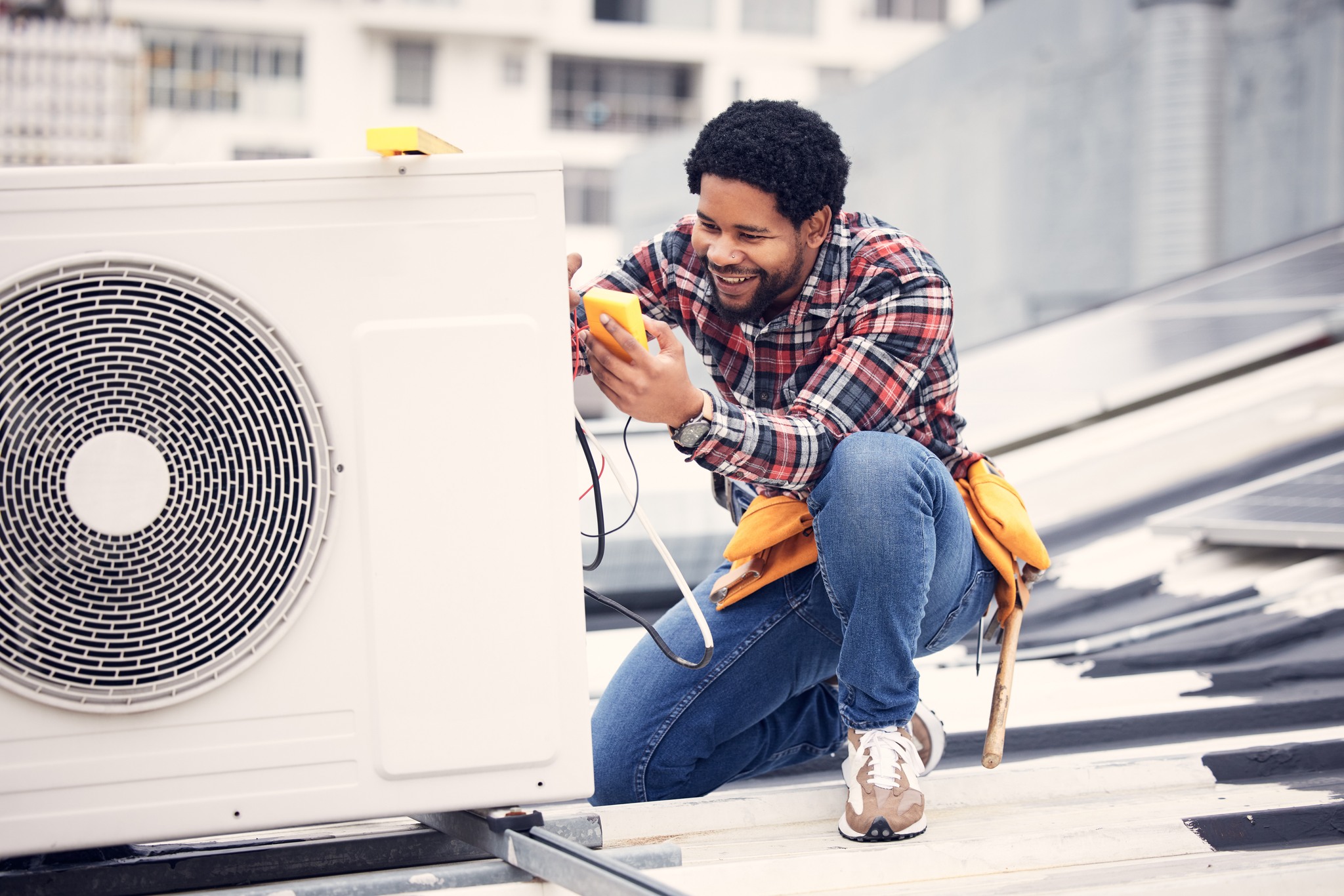It's possible for any type or brand of air conditioner to become inefficient. When this happens, the system needs more electricity to work, but it works at only half of its normal output. Here are several ways to reduce the energy costs of your air conditioner.
Maintain the A/C Seasonally
Before the season begins, schedule an HVAC maintenance service with A-Plus Quality, HVAC services in the Greater Toronto. Make sure that your system is working properly and not using more electricity than necessary. For instance, an A/C with a clogged air filter will use a lot of energy and work at half of its efficiency level.
Get Repairs Done
Get repairs done on your air conditioner whenever the work is needed. A common mistake that homeowners make is waiting until the last minute to get repairs done. In the meantime, the A/C works less and less efficiently until it breaks down completely. You'll save hundreds of dollars by getting a needed repair done right away.
Install an Energy-Monitoring Device
Monitoring is the best way to know whether or not your home is using too much electricity. Install a device that allows you to monitor the energy output for the entire household. Some devices tell you the types of appliances that are consuming the most energy and the amount of power per day, week or year.
Buy a Newer, More Energy-Efficient Air Conditioner
Consider replacing your old, energy-wasting A/C with a more energy-efficient one. Most A/C manufacturers put energy efficiency at the very top of their to-do lists. The Environmental Protection Agency (EPA) provides a list of appliances made by Energy Star. Look for EER ratings that indicate the level of energy efficiency with the higher ratings being more efficient.
It takes more than using the A/C less often to cut energy costs. Regular maintainence and nesseacary repairs are also needed to make sure your A/C is performing at its best. If you are in need of any HVAC services or a new air conditioner, A Plus Quality is here to help. Contact us today to schedule an appointment or



